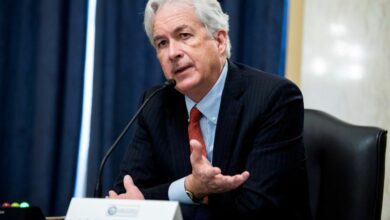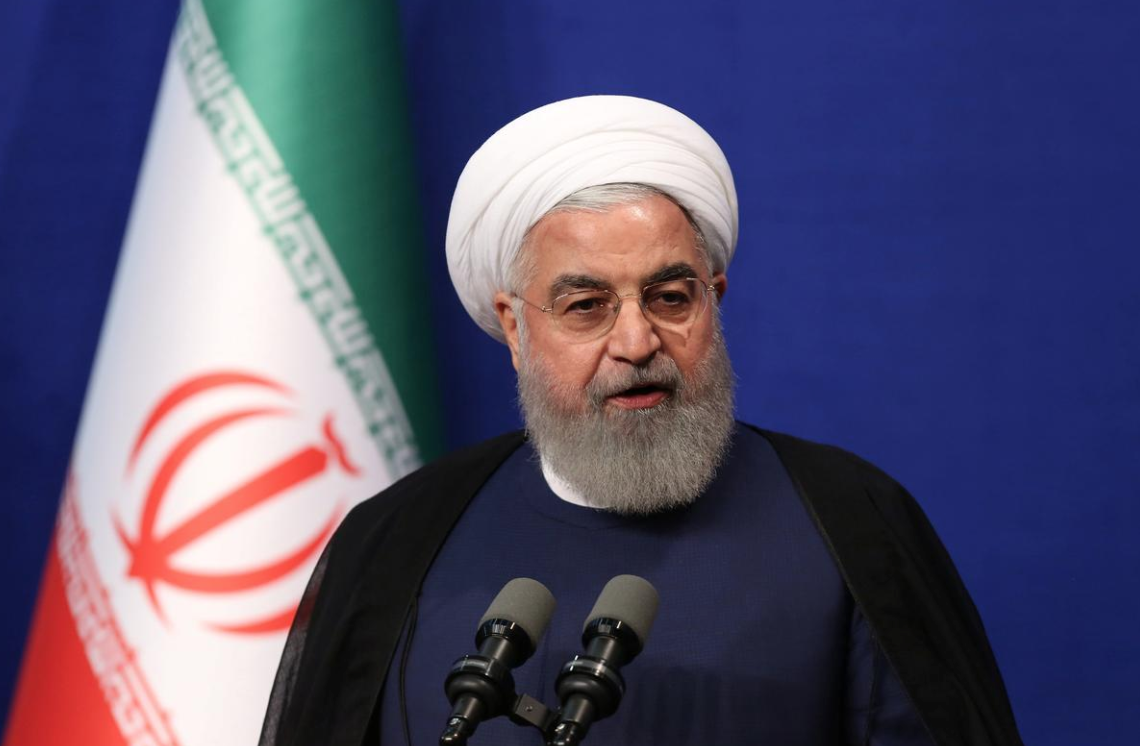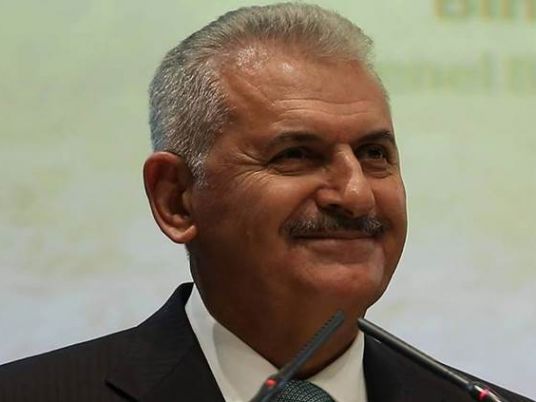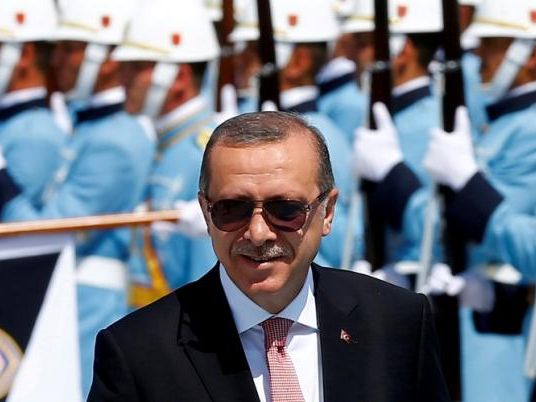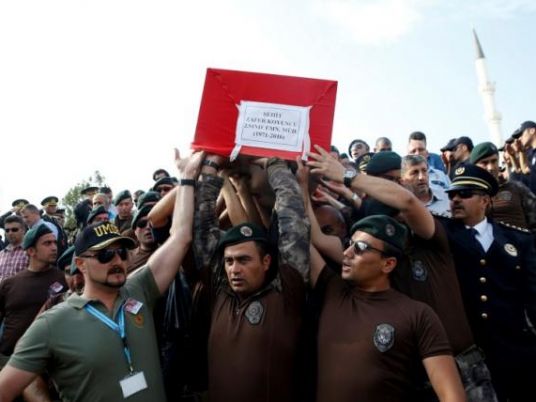
Turks are engaged in heated discussions on who helped orchestrate the abortive military coup that nearly toppled President Tayyip Erdogan, with the United States — a close NATO ally but a traditional object of suspicion — top of the list.
According to one Turkish pro-government newspaper, Turkey's failed coup was financed by the CIA and directed by a retired U.S. army general using a cell in Afghanistan. Another newspaper, meanwhile, claims CIA agents used an island hotel off Istanbul as a nerve center for the plot.
"The coup was directed by this man," said a front-page headline in the pro-government Yeni Safak newspaper, alongside a photo of retired U.S. Army General John F. Campbell, the last commander of NATO-led forces in Afghanistan and before that the 34th vice chief of staff of the U.S. Army.
The newspaper said the failed coup was financed by the CIA via Nigeria's United Bank for Africa, and that two Afghan-based Turkish generals detained in Dubai on Tuesday were part of Campbell's cell of plotters.
Erdogan has blamed U.S.-based Muslim cleric Fethullah Gulen for masterminding the attempted coup, which killed more than 240 people as rogue soldiers commandeered fighter jets, helicopters and tanks, and has called on Washington to extradite him.
Erdogan accuses Gulen of building a "parallel structure" in the judiciary, education system, media and military in a bid to overthrow him, a charge the 75-year-old cleric denies. A poll on Tuesday showed two thirds of Turks believe Gulen was behind the coup plot.
Prime Minister Binali Yildirim has said any country that stands by the cleric would be considered at war with Turkey. Labour Minister Suleyman Soylu said a day after the coup bid that it was clear "America is behind it", though Erdogan's spokesman later said he had spoken "in the heat of the moment".
Washington has said it will only extradite Gulen if Turkey provides evidence of wrongdoing.
For Erdogan's fervent supporters, such apparent reluctance is further evidence of U.S. complicity.
"I know that the United States has a finger in this. I know that this is a play put on by the United States, Israel and the United Kingdom," said Ahmet Demirci, among the dozens of people to have gathered in solidarity outside Erdogan's palace night after night since the July 15 coup attempt.
"That dishonest man, Fethullah Gulen is their pawn."
Older Turks recall past coups. Many see evidence that the United States backed a 1980 coup, at the height of the Cold War, citing reports that the CIA station chief in Ankara cabled Washington to say "our boys did it".
Mystery still shrouds modern Turkey's first coup in 1960 which overthrew a pro-American prime minister but was led by a U.S.-trained officer.
As for this month's coup, one newspaper published a photograph of a hotel it identified as a nerve center for CIA agents it said helped hatch the plot.
"The CIA was at work in this hotel that night," the headline in the pro-government Sabah newspaper said, above a photo of the Splendid Hotel on Buyukada, the largest of a group of islands in the Marmara sea just off Istanbul.
The paper said a group of 17 people, mostly foreigners, checked in at the hotel on the day of the coup attempt. It said the hotel was used as a headquarters for the British army during its occupation of Istanbul in 1919.
Consolidating power
A successful overthrow of Erdogan, who has run the country of about 80 million people since 2003, could have sent Turkey spiraling into conflict. The intrigue in the aftermath is helping justify a wide crackdown, analysts say, with more than 60,000 soldiers, police, civil servants and other officials detained, suspended or under investigation.
"This has helped him strengthen his position," said Andrew Finkel, a journalist and political analyst based in Turkey since 1989. "He is doing what he does best, consolidating power."
Discussion of possible foreign involvement has been an essential ingredient of Turkish crises for decades. Amid the struggle between Islamists and secularists to shape the country, superpower America has often been accused of fuelling the fire, applying the same covert techniques honed over decades of Cold War operations. Erdogan blamed foreign powers for stirring up nationwide anti-government protests three years ago.
Turks take the subject of foreign intervention in their political life seriously and the latest tensions are providing fresh material.
Gulen lives in a secluded compound in Pennsylvania's Pocono Mountains, protected by US authorities who have given him refuge. But Erdogan has good reason to worry about the reclusive cleric's reach inside Turkey.
In 2013, his followers in the police and judiciary opened a corruption probe into business associates of Erdogan, then prime minister, who denounced the investigations as a foreign plot.
"Why don't they hand him over? Why do they keep making insinuations? He (Gulen) lives there. Don't you think this is an apparent indicator? This is the impression people have," said Erdogan supporter Ayhan Onkibar outside the presidential palace.
"Why does he live in the United States? These are details we notice."

